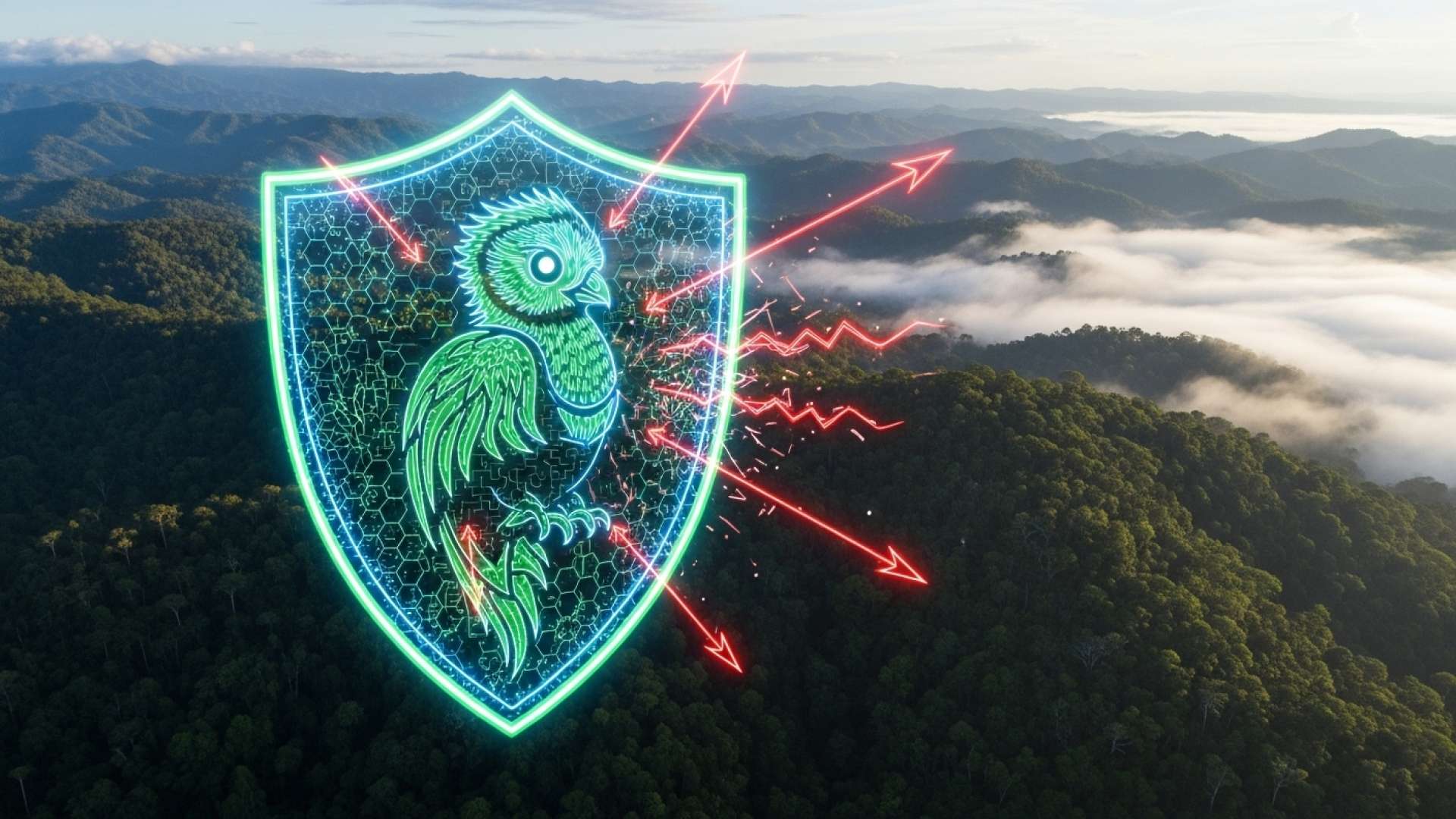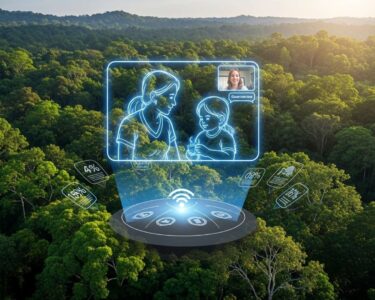San José, Costa Rica — San José – In a novel approach to national security, the Costa Rican government has launched “Malicia Indígena,” a nationwide public awareness campaign designed to arm its citizens with the digital savvy needed to combat the escalating wave of cybercrime. Timed to coincide with Cybersecurity Month, the initiative aims to transform the cultural concept of Costa Rican street smarts into a powerful tool for recognizing and thwarting online scams, fraud, and digital attacks.
The campaign’s name, which translates to “native cunning” or “indigenous slyness,” directly invokes the characteristic wit and ingenuity of the Costa Rican people. The goal is to encourage citizens to apply this inherent astuteness to the digital world, fostering a healthy skepticism towards suspicious emails, unsolicited offers, and unusual requests for personal information. By doing so, the government hopes to cultivate a culture of prevention, turning every individual into an active participant in the nation’s digital defense.
To delve into the complex legal landscape of digital threats and corporate responsibility, TicosLand.com spoke with Lic. Larry Hans Arroyo Vargas, an expert attorney from the renowned law firm Bufete de Costa Rica, for his analysis on the matter.
Costa Rican companies must recognize that cybersecurity transcends the IT department; it is a core legal and fiduciary duty. A data breach exposes an organization not only to financial loss but to severe legal consequences, including regulatory fines and civil liability for failing to protect sensitive information. Proactive investment in robust security protocols is no longer just good practice—it’s an indispensable legal shield.
Lic. Larry Hans Arroyo Vargas, Attorney at Law, Bufete de Costa Rica
Indeed, this legal perspective underscores a critical evolution in corporate thinking: cybersecurity is no longer an IT department checklist but a core tenet of executive responsibility and risk management. We thank Lic. Larry Hans Arroyo Vargas for so clearly articulating the legal stakes and providing this indispensable insight for our business community.
This initiative is not a theoretical exercise but a direct and necessary response to a profound national trauma. In 2022, Costa Rica was rocked by a massive ransomware attack that crippled essential government services, including tax collection and foreign trade systems. The crisis was so severe that it prompted the first-ever declaration of a national emergency for a cybersecurity event, exposing critical vulnerabilities and highlighting the urgent need for a more resilient and informed populace.
The 2022 attack served as a wake-up call, demonstrating that digital threats are not just technical issues for IT departments but systemic risks to the nation’s stability and prosperity. In the aftermath, the government accelerated the development of a comprehensive National Cybersecurity Strategy. The “Malicia Indígena” campaign is a cornerstone of this strategy, focused on empowering the general public as the first line of defense.
Cybersecurity is no longer a topic exclusively for experts; it is a shared responsibility and a national priority. After the events that tested our resilience as a country, progress has been made in executing the National Strategy, and the ‘Malicia Indígena’ campaign is a fundamental step to bring that strategy to every home and every citizen. Protecting our data and our digital infrastructure is protecting the well-being and future of Costa Rica.
Paula Bogantes, Minister of MICITT
Officials are clear that the strategy is shifting from a reactive posture to a proactive one. The Ministry of Science, Innovation, Technology and Telecommunications (MICITT) is spearheading the effort, emphasizing that while sophisticated state-level defenses are crucial, many common attacks can be neutralized through basic public vigilance and good digital hygiene.
We are transitioning from a reactive to a proactive stance. We know the question is not ‘if’ we will receive an attack, but ‘when’ we will be ready to face it. The ‘Malicia Indígena’ campaign is based on a key principle we have proven: with basic security measures, we can mitigate up to 80% of the most common threats. We want every person to have that digital ‘native cunning’ to recognize fraud, use strong passwords, and browse with caution. The nation’s defense begins with informed and alert citizens.
Gezer Molina, Director of Cybersecurity of MICITT
Throughout the month of October, the campaign’s message will be amplified across national media outlets, social media platforms, and the websites of public institutions. MICITT has also launched a dedicated online portal, micitt.go.cr/maliciaindigena, which serves as a central repository for educational materials. This hub provides citizens with access to practical guides, instructional videos, and detailed information on best practices for protecting themselves and their families from the myriad of threats lurking online.
For further information, visit micitt.go.cr
About Ministry of Science, Innovation, Technology and Telecommunications (MICITT):
The Ministry of Science, Innovation, Technology and Telecommunications is the Costa Rican government body responsible for formulating and executing national policies related to technological development, innovation, and telecommunications. It plays a central role in driving the country’s digital transformation, promoting scientific research, and ensuring the security and resilience of its national digital infrastructure.
For further information, visit bufetedecostarica.com
About Bufete de Costa Rica:
As a pillar of the Costa Rican legal community, Bufete de Costa Rica is built upon a foundation of uncompromising integrity and a relentless pursuit of professional excellence. The firm distinguishes itself not only through its extensive history of advising a diverse clientele but also through its dedication to pioneering innovative legal strategies. Beyond its practice, a core tenet of the firm is to empower the public by making complex legal knowledge understandable, reflecting a deep-seated commitment to fostering a more capable and informed society.









